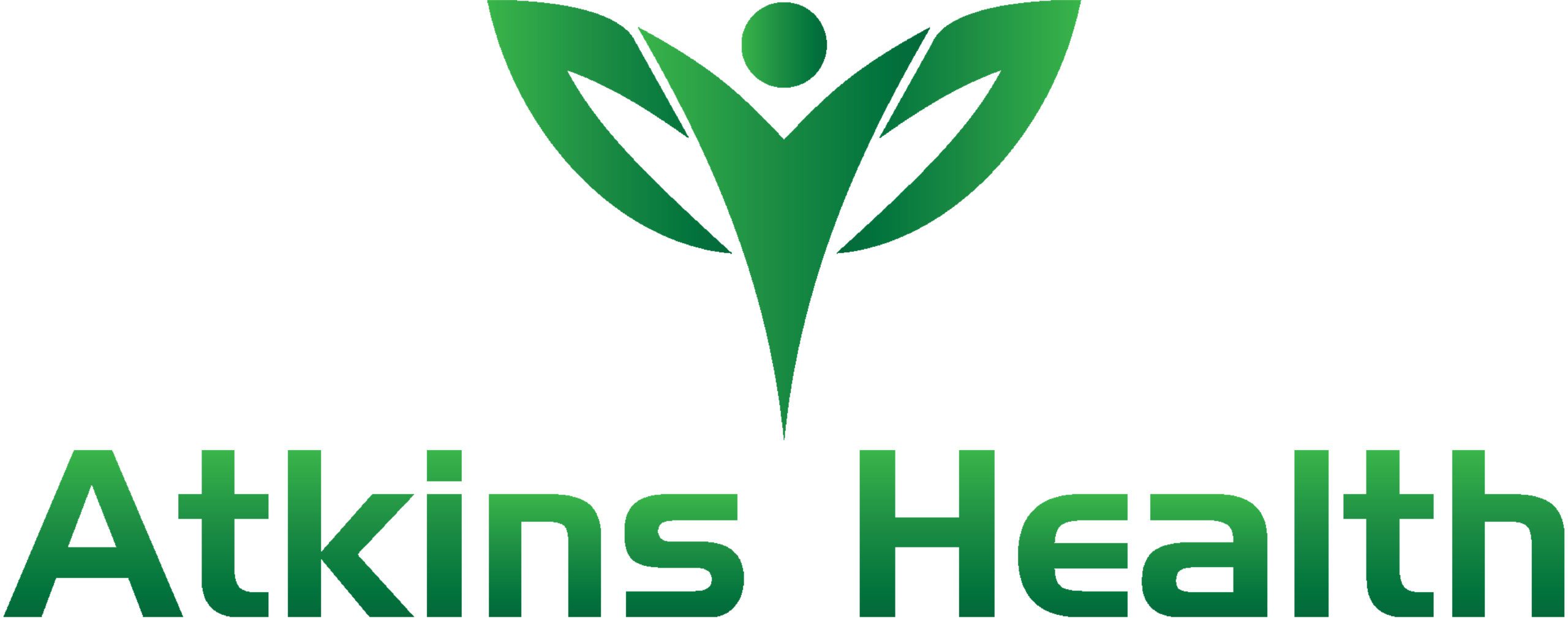Exercise Physiology with NDIS funding: What you need to know

If you have access to NDIS funding, you may be wondering how you could benefit from exercise physiology.
At Atkins Health, our exercise physiologists (EPs) understand the role exercise plays in maintaining the ongoing well-being of each of our clients.
As one of the key EPs at Atkins Health, I have been fortunate to work closely on the exercise care plans of several clients through NDIS funding. Here’s all you need to know about exercise physiology with NDIS funding.
Who can benefit from Exercise Physiology?
We work with a broad range of clients at Atkins Health. Each treatment plan is specifically geared towards the unique needs of each client and their disability.
Our team regularly works with individuals with:
- Autism Spectrum Disorder (ASD)
- Intellectual disabilities
- cerebral palsy
- spina bifida
- spinal cord injuries
- Parkinson’s disease
- Amputations
We welcome clients with all disabilities and chronic conditions and can work with you to devise an appropriate care plan.
How can exercise physiology benefit NDIS clients?
The specific benefits of exercise physiology depend on the disability itself. Speaking broadly, maintaining mobility is key with any disability. The more mobility we can maintain, the better a client’s ability will be to keep up with the demands of daily life.
Overall, exercise can help provide:
- Improved independence and the ability to self-manage condition
- Improved mental health and self-esteem
- Improved mobility and physical capacity
- Pain relief
Our goal with our NDIS patients is not to find a quick fix. Exercise physiology is something that is going to play a big part in their life for a long period of time. It’s more about creating a lifestyle change that can help improve their overall quality of life.
At the end of the day, we’re trying to prevent the progression of the condition. In some cases, this might be as simple as maintaining their current level of functioning. But, in most cases, we work on making improvements wherever possible.
Working with resistance training exposes our clients to a higher level of intensity than their day-to-day life demands. Adapting to this increased workload allows our clients to better manage their daily living.
What does NDIS funding cover?
The duration and frequency of visits covered by NDIS funding will vary from plan to plan. For most clients we work around two sessions per week, however, this can easily be adapted to the client’s funding capacity. Regardless of what funding the client has access to, we can achieve great outcomes.
For those with less funding, our care plans can be adapted to involve more home-based exercises or slightly shortened sessions.
I work with each of my clients on a six-week pathway. At the end of each six-week block, we conduct testing and revise our programming from there.
More independent clients often progress through to our Atkins group classes. We have a broad range of classes that cater to different needs and goals while providing a supportive group environment to be active within.
NDIS Exercise Physiology at Atkins Health
I’ve been so fortunate to be involved in so many inspiring client journeys during my time at Atkins. I’ve been working with one client for 4-5 years. We’ve come from a point where he comes in a chair and we do some machine-based exercises in the gym, to a point where we could do some pool-based training. We did this for a good 12 months before moving to both a pool and a gym session.
His daughter is getting married next year and it is his goal to walk her down the aisle – so, he is extremely motivated. Watching his progress has been so incredible and I’m looking forward to seeing what we can achieve in the year ahead.
If you’re interested in learning more about how you could receive exercise physiology through NDIS funding, give us a call today.


